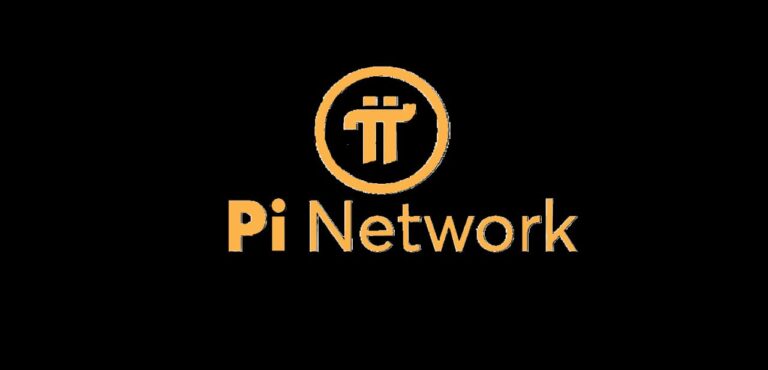
- Ripple is expanding its partnerships with central banks to drive XRP adoption, leveraging its blockchain technology to address cross-border payment inefficiencies.
- With the SEC case resolved, the company now has greater regulatory clarity, allowing it to accelerate collaborations and integrate XRP into global financial systems.
Ripple is making significant strides in the global financial system by collaborating with central banks to drive the adoption of XRP and blockchain technology. Following the resolution of its legal battle with the U.S. Securities and Exchange Commission (SEC), the company is now poised to announce more partnerships, some of which remain undisclosed.
Ripple’s Growing Influence in the Financial Sector
Cryptocurrency analyst Amelie recently highlighted a statement from Ripple CEO Brad Garlinghouse, where he revealed the company’s active engagement with multiple central banks worldwide. “Ripple has partnered with several central banks around the world, some we’ve announced, some we haven’t yet announced!” Garlinghouse stated. His remarks, captured in a video, emphasize Ripple’s crucial role in facilitating digital asset issuance through the XRP Ledger.
Addressing Cross-Border Payment Challenges
One of Ripple’s primary objectives is to tackle inefficiencies in cross-border payments. While central bank digital currencies (CBDCs) are increasingly being explored by governments, Garlinghouse pointed out that they are generally domestic by nature and do not solve international payment issues. This gap in the financial system presents an opportunity for Ripple to offer its blockchain-based solutions, enhancing the efficiency of global transactions.
Regulatory Clarity Boosts Ripple’s Expansion
With the SEC case resolved, Ripple now has greater regulatory clarity, enabling the company to pursue its expansion strategies more aggressively. This development could pave the way for Ripple to solidify its partnerships with various financial institutions and further integrate XRP into global financial systems.
Existing and Future Partnerships
Ripple has already established collaborations with nations such as the Republic of Palau and Bhutan to develop CBDC projects. However, speculation remains regarding additional, yet-to-be-announced partnerships. As governments worldwide continue to experiment with blockchain technology and stablecoins, Ripple’s expertise in digital asset solutions positions it as a key player in this evolving landscape.
The future looks promising for Ripple as it expands its influence in the financial sector. The company’s ongoing discussions with central banks and its focus on improving cross-border payments could lead to broader adoption of XRP. With regulatory hurdles now behind it, Ripple is set to accelerate its growth, making XRP a potential game-changer in global finance.
As new partnerships emerge, the cryptocurrency community will be closely watching how Ripple leverages these collaborations to drive further innovation in the blockchain space.




